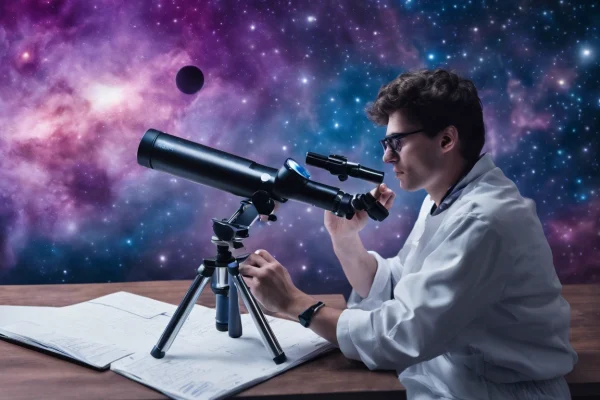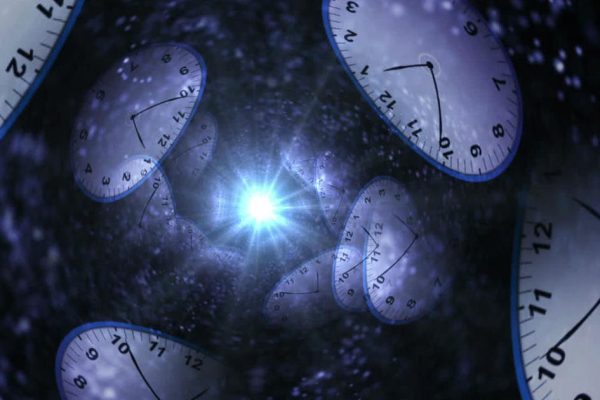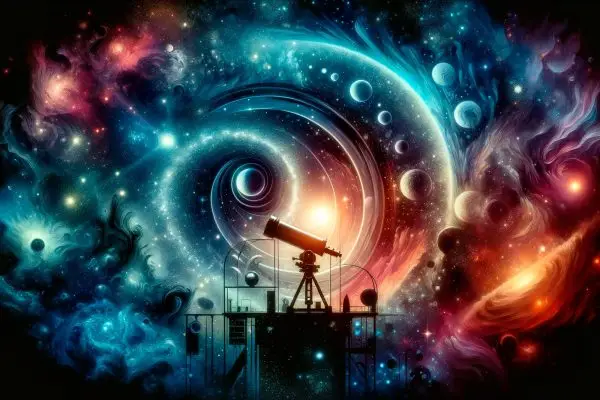
The Qur’an, Science, and the Origin of Life: Water, Consciousness, and the Limits of Human Knowledge
This long-form column examines the Qur’an’s claim that all life originates from water and how modern science supports this truth. It explores the cosmic meaning of primordial water, the evolution of the human body, the mystery of consciousness, and the inner architecture of the soul, self, heart, and life-force. It also shows where science and philosophy reach their limits—and why the Qur’an provides the most coherent explanation beyond them.















